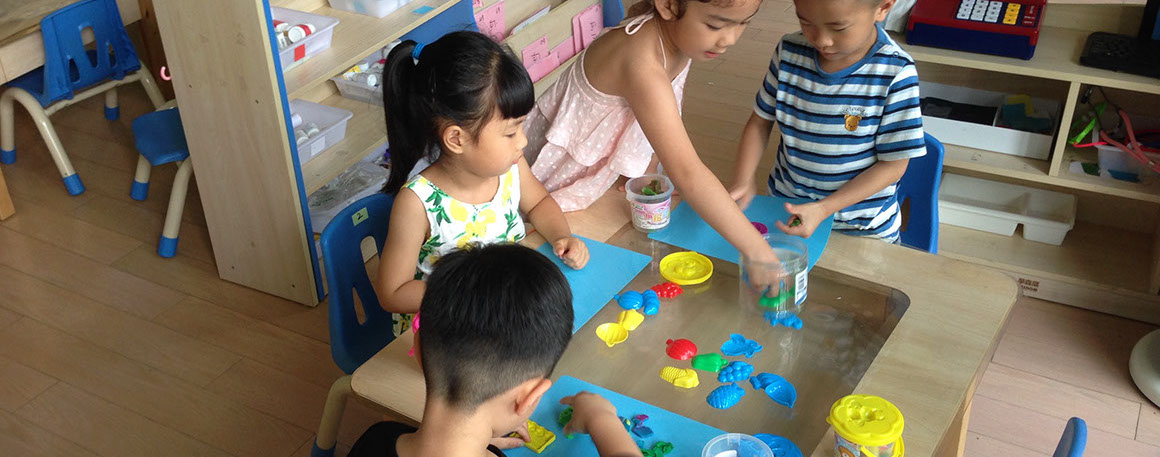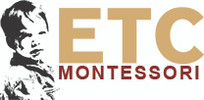
The Montessori method, pioneered by Dr. Maria Montessori, presents a unique, child-centric approach to education. It respects and nurtures the natural progression of a child’s development. In this blog, we delve into how the four planes of development in Montessori philosophy can be seamlessly integrated into a homeschool environment, creating a holistic, nurturing, and effective educational journey for your child.
First Plane: Infancy and Early Childhood (Birth to Age 6)
The first plane is a critical time for growth, marked by a profound capacity for absorption. Children are sensory explorers, learning primarily through direct interaction with their environment. Homeschooling parents can support this by:
- Encouraging Physical Independence: Create a safe, accessible environment where children can move freely and explore. Child-sized furniture and reachable shelves with age-appropriate materials encourage self-reliance.
- Offering Sensory-rich Learning Activities: Introduce tactile activities like sandpaper letters for literacy and varied art materials for creative expression. Natural outings and sensory bins can augment this exploration.
- Creating a Structured Yet Flexible Learning Environment: Establish a routine that includes a variety of activities while allowing room for child-led exploration. This balance fosters both discipline and curiosity.
Second Plane: Childhood (6 – 12 years)
As children transition into the second plane, their focus shifts from the physical to the social and cultural world. Homeschooling strategies for this stage include:
- Supporting Social Development and Collaborative Learning: Encourage group projects and cooperative learning. This can involve sibling participation or small local homeschooling groups.
- Introducing a Wider Range of Academic Subjects: Emphasize cultural subjects like geography, history, and science. This can be facilitated through thematic studies or project-based learning.
- Fostering Moral and Ethical Reasoning: Discuss moral stories, engage in debates on ethical dilemmas, and explore various cultures and customs to develop empathy and understanding.
Third Plane: Adolescence (12 – 18 years)
Adolescence is a phase of self-discovery and social awakening. Homeschooling during this period can emphasize:
- Real-life Application of Skills: Implement community projects, entrepreneurial ventures, or internships that align with the teen’s interests.
- Exploration of Personal Interests and Career Paths: Provide resources and guidance for exploring potential careers and hobbies.
- Support for Emotional and Social Development: Foster an environment for open communication, and provide opportunities for social interaction with peers.
Fourth Plane: Maturity (18 – 24 years)
The final plane prepares for adult life. Homeschooling strategies might include:
- Developing Life Skills: Teach practical skills like budgeting, cooking, and time management.
- Guidance in Career Choices and Preparation: Assist in building resumes, exploring post-secondary education options, and gaining work experience.
- Emphasizing Social Responsibility and Global Awareness: Encourage volunteering, engage in discussions about global issues, and foster a sense of community responsibility.
Integrating Montessori at Home
To adapt Montessori principles at home, consider:
- Designing Age-appropriate Learning Spaces: Each plane requires a different setup, from a sensorial-rich environment for young children to a more academic-focused space for older ones.
- Providing Hands-on Learning Materials: Utilize Montessori materials or create DIY resources that cater to experiential learning.
- Encouraging Independence and Self-directed Learning: Allow children to take the lead in their learning journey, offering guidance and support as needed.
- Incorporating Real-world Experiences: Field trips, community involvement, and practical life activities are crucial in making learning relevant and engaging.
Implementing the Montessori planes of development in a homeschool setting is a journey that requires patience, observation, and adaptability. By focusing on the child’s natural developmental stages, homeschooling parents can provide a rich, supportive, and effective educational environment. Are you ready to embark on this transformative educational journey with your child?

